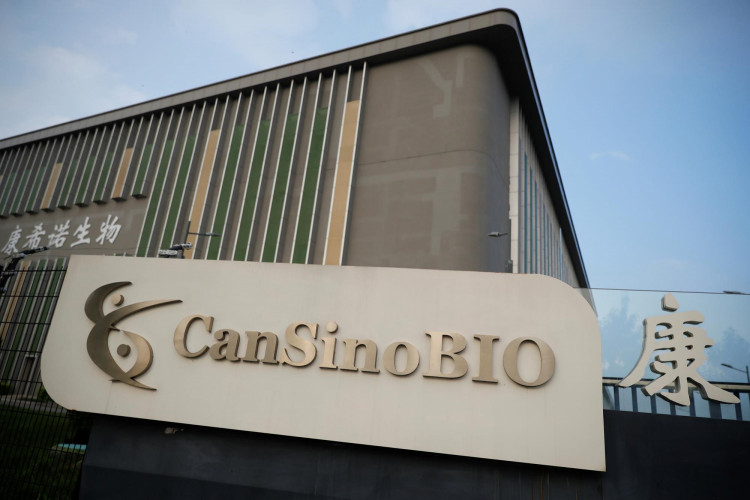China has vaccinated close to a million of its citizens since July with three unproven COVID-19 treatments candidates, the largest number anywhere in the world.
Liu Jingzhen, chairperson of China National Pharmaceutical Group, or Sinopharm, said subsidiary China National Biotec Group made two of the three vaccines used. Sinovac Biotech developed the third vaccine.
All three received emergency use authorization from the National Health Commission.
Liu said there were no serious adverse reactions to his company's vaccine. He said Sinopharm had recruited nearly 60,000 people for its phase-3 clinical trials being undertaken overseas. Blood samples of more than 40,000 participants were taken 14 days after they took the second dose, Liu said.
In September, China National Biotec said it had inoculated more than 350,000 Chinese outside its clinical trials. The trials have enrolled 40,000 people.
Starting late July, hundreds of thousands of Chinese were inoculated with both vaccines. The commission said the vaccines were administered to medical staff, border inspection officials and other essential workers.
Zheng Zhongwei, director of the commission's science and technology development center, said the central government authorized the "emergency use" of the vaccine July 22.
In October, China National Biotec said more than 168,000 people signed up to receive its vaccine, and more than 91,000 were being considered.
China National Biotec's vaccine has already been given to medical workers and employees of China companies being sent abroad under an emergency authorization from the commission.
Jiaxing city to the south of Shanghai inoculated groups with CoronaVac in October. City officials said high-risk groups such as those "responsible for the basic operations of the city" were given priority. Residents with emergency needs were also prioritized.
The central government promises a vaccine for the general public will be available before the end of this year. China drug companies have five vaccines in the final stages of testing. None of these has been approved for public use, however.
Nevertheless, western health experts warn against using data derived solely from an emergency use program without comparable results from a clinical trial-standard control group to determine effectiveness.






